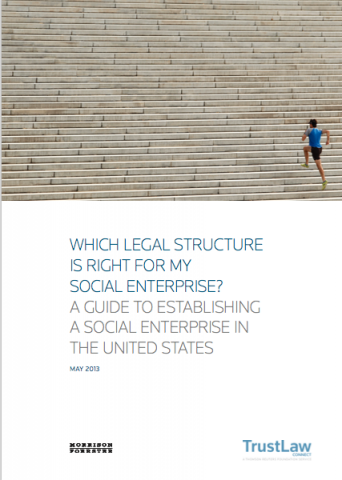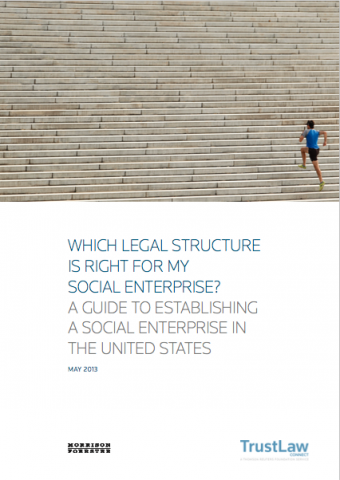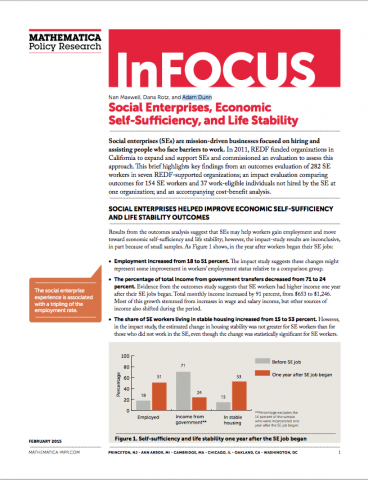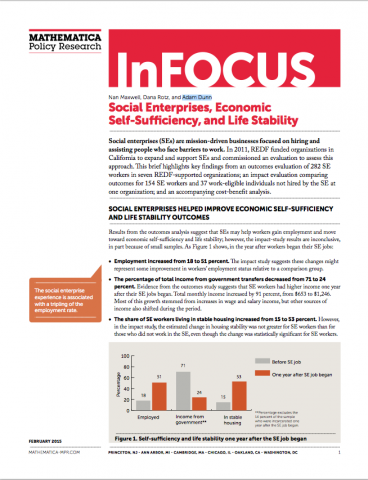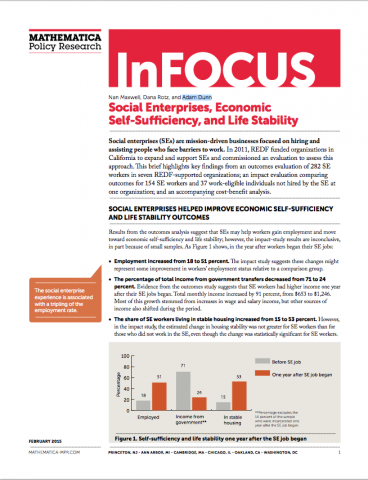PAR-Recycle Works is a nonprofit electronics recycler that provides transitional employment to people returning from prison. Revenues generated through its e-recycling services are used to help formerly incarcerated individuals rebuild their lives through employment, character development, and other services. PAR-Recycle Works provides training and employment to 6-8 people at a time, who spend 6-9 months with the nonprofit.

